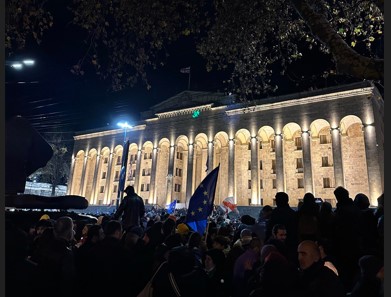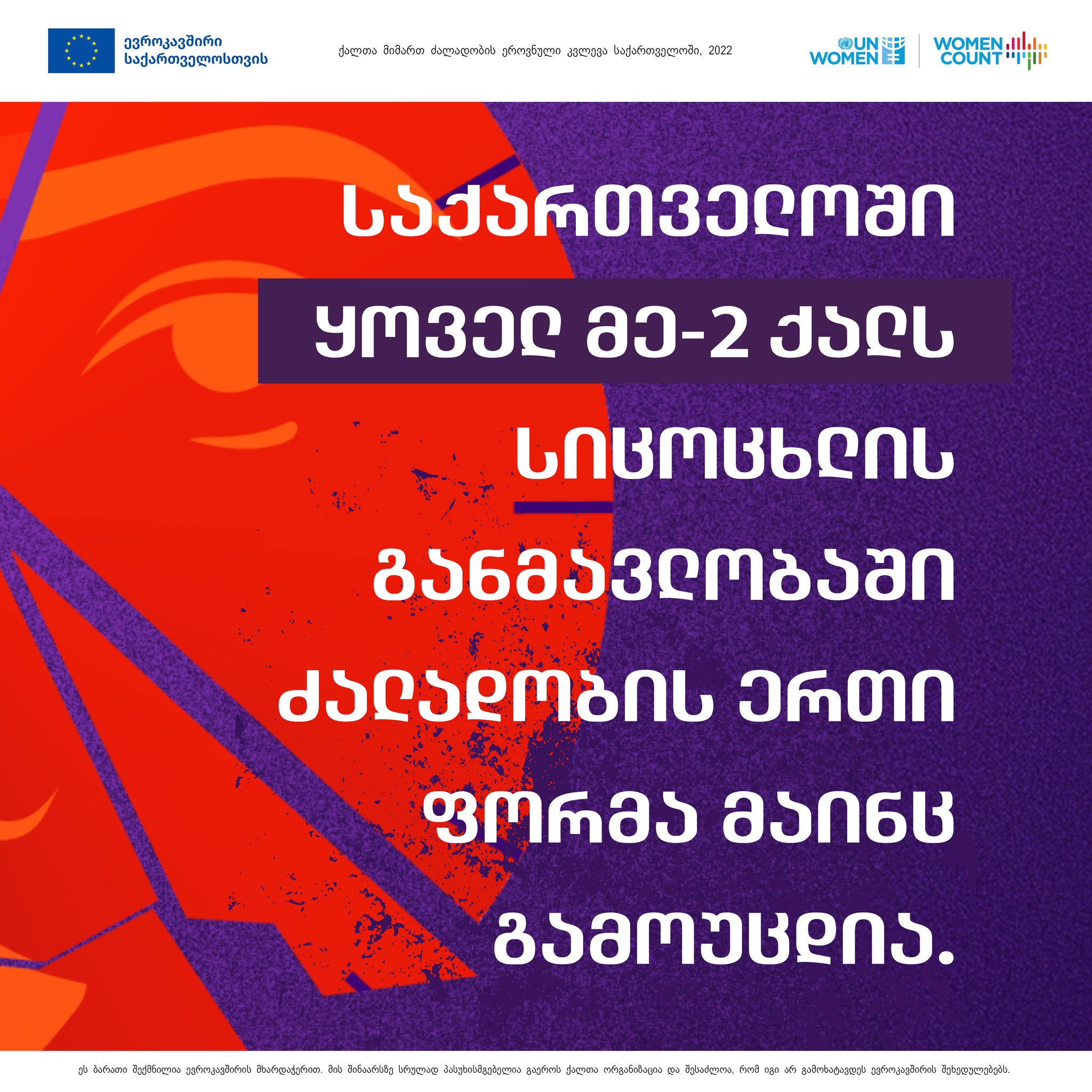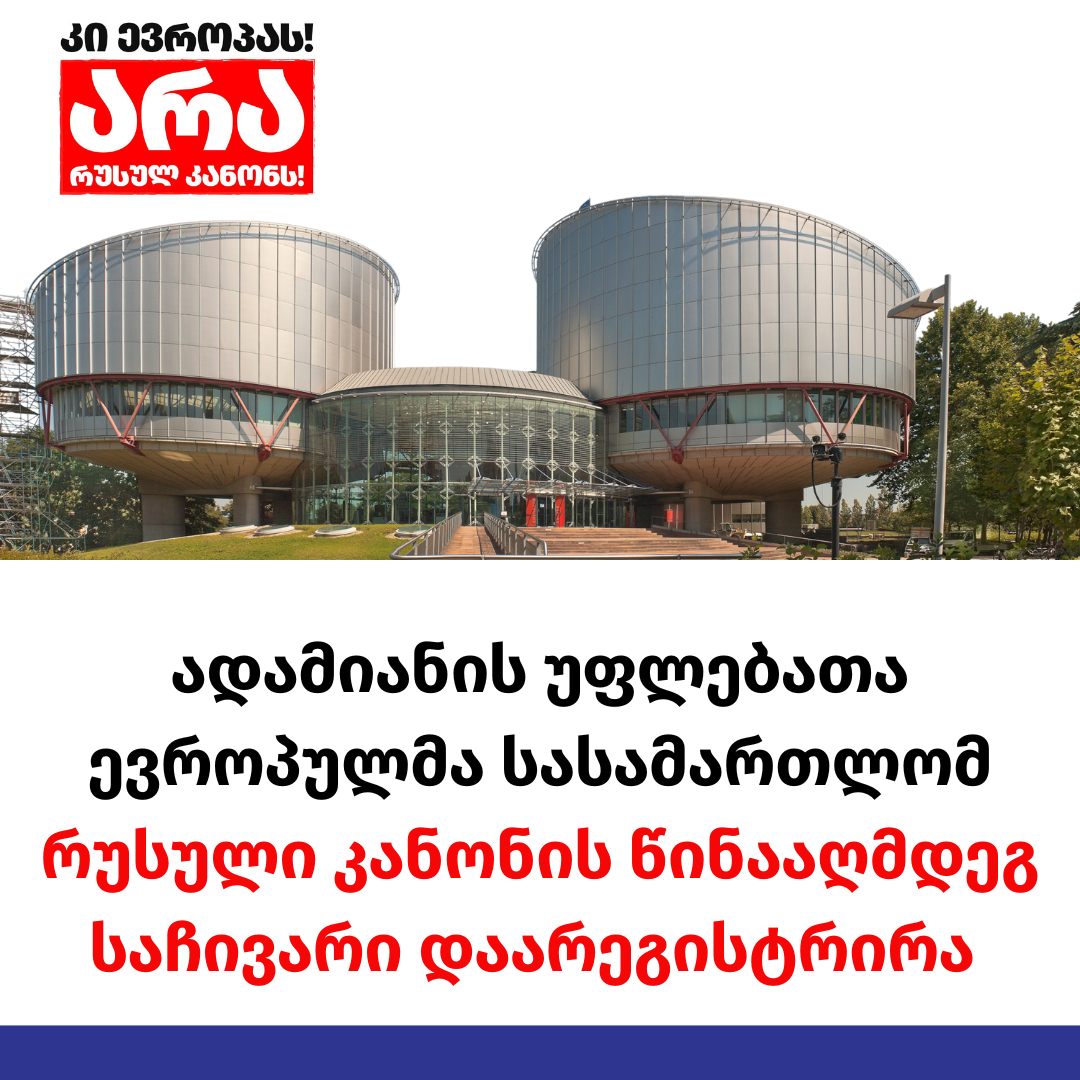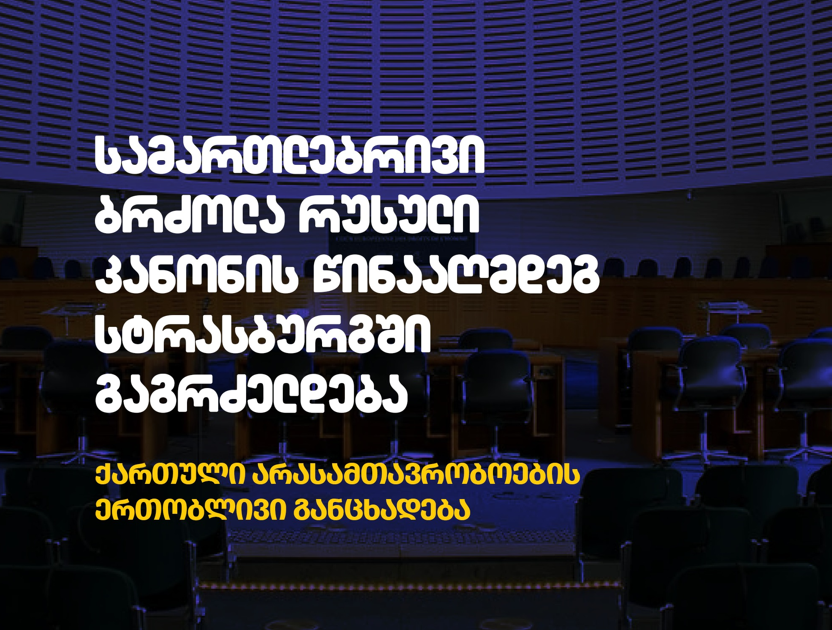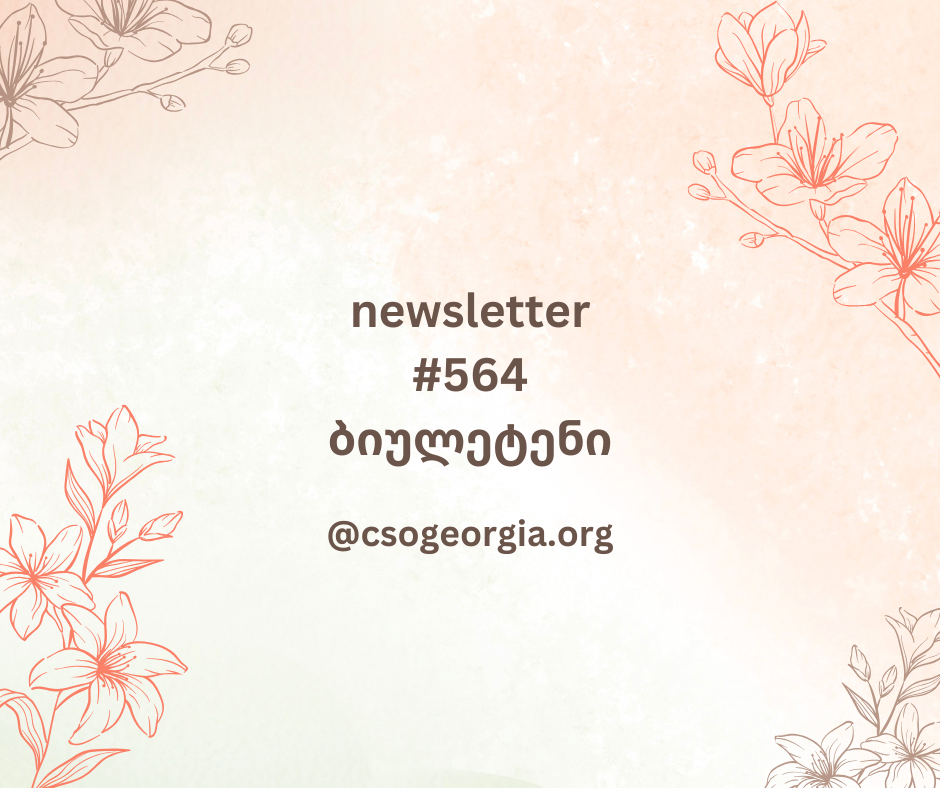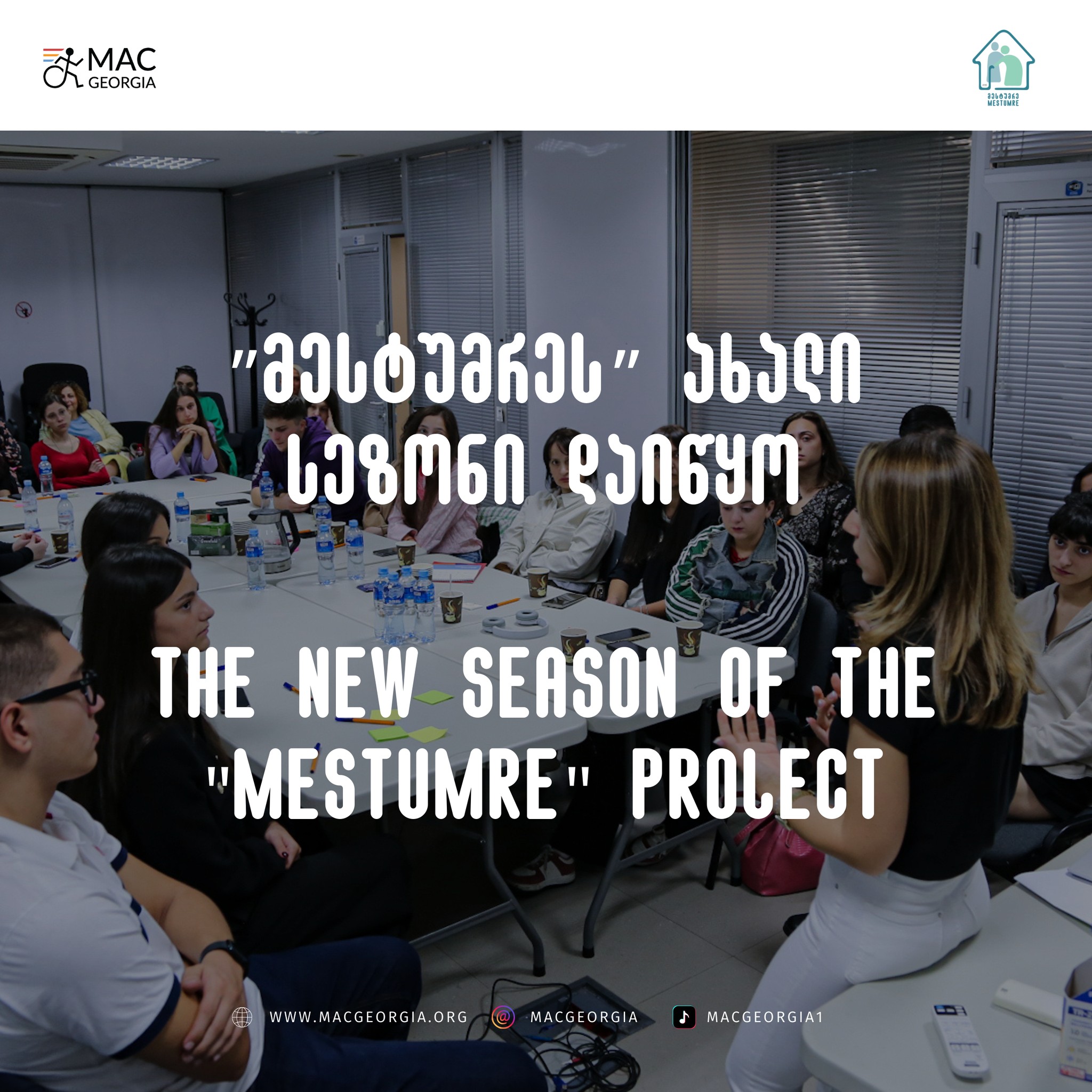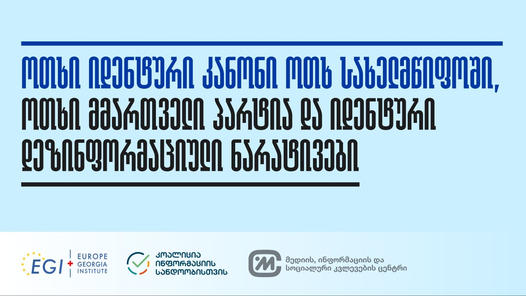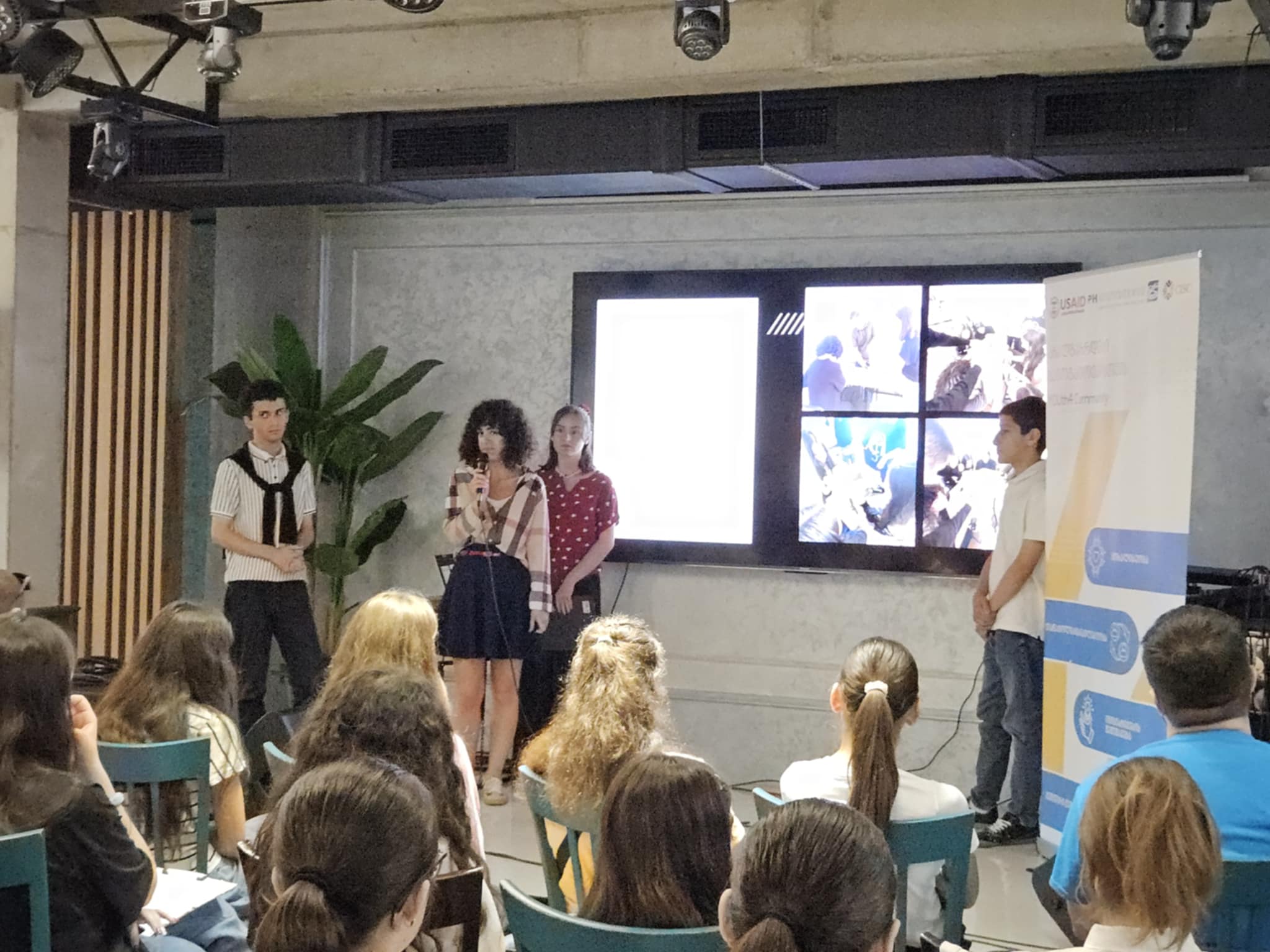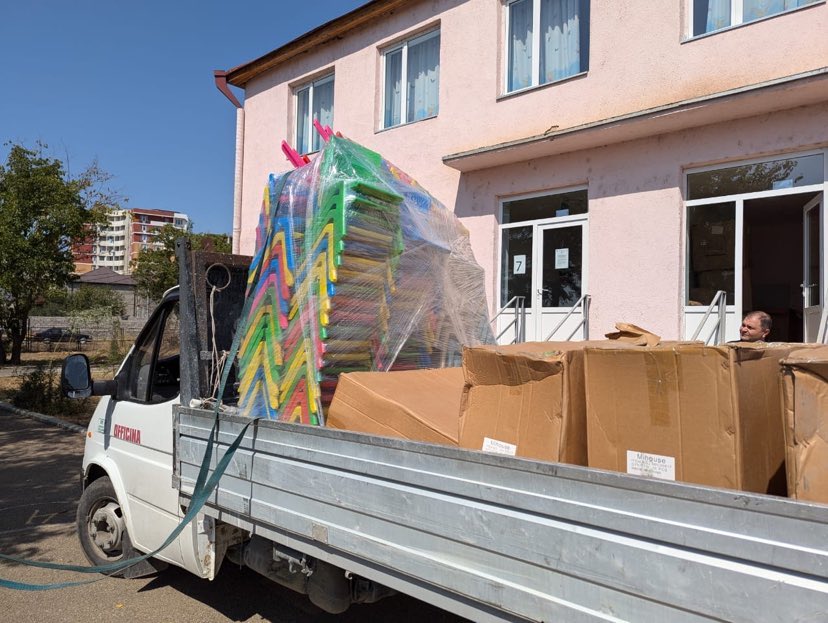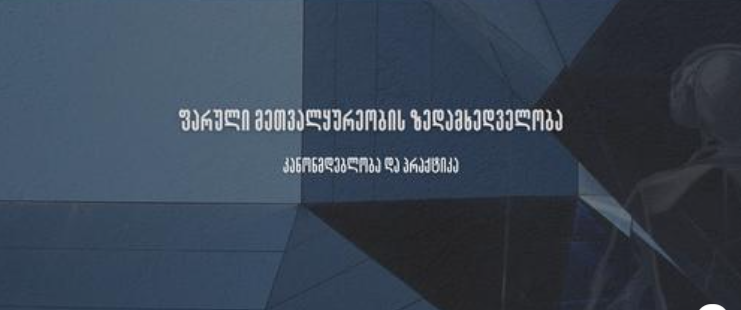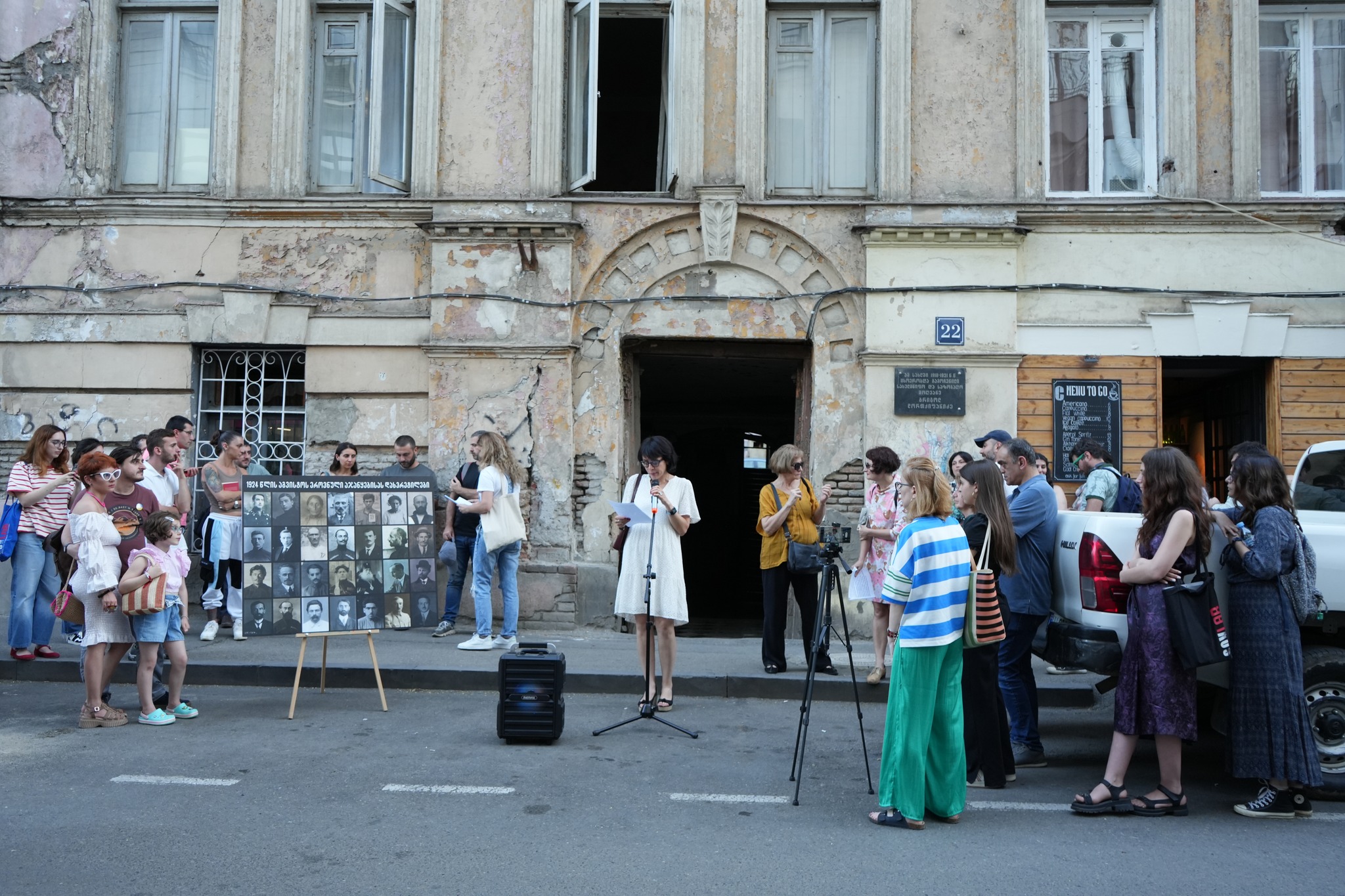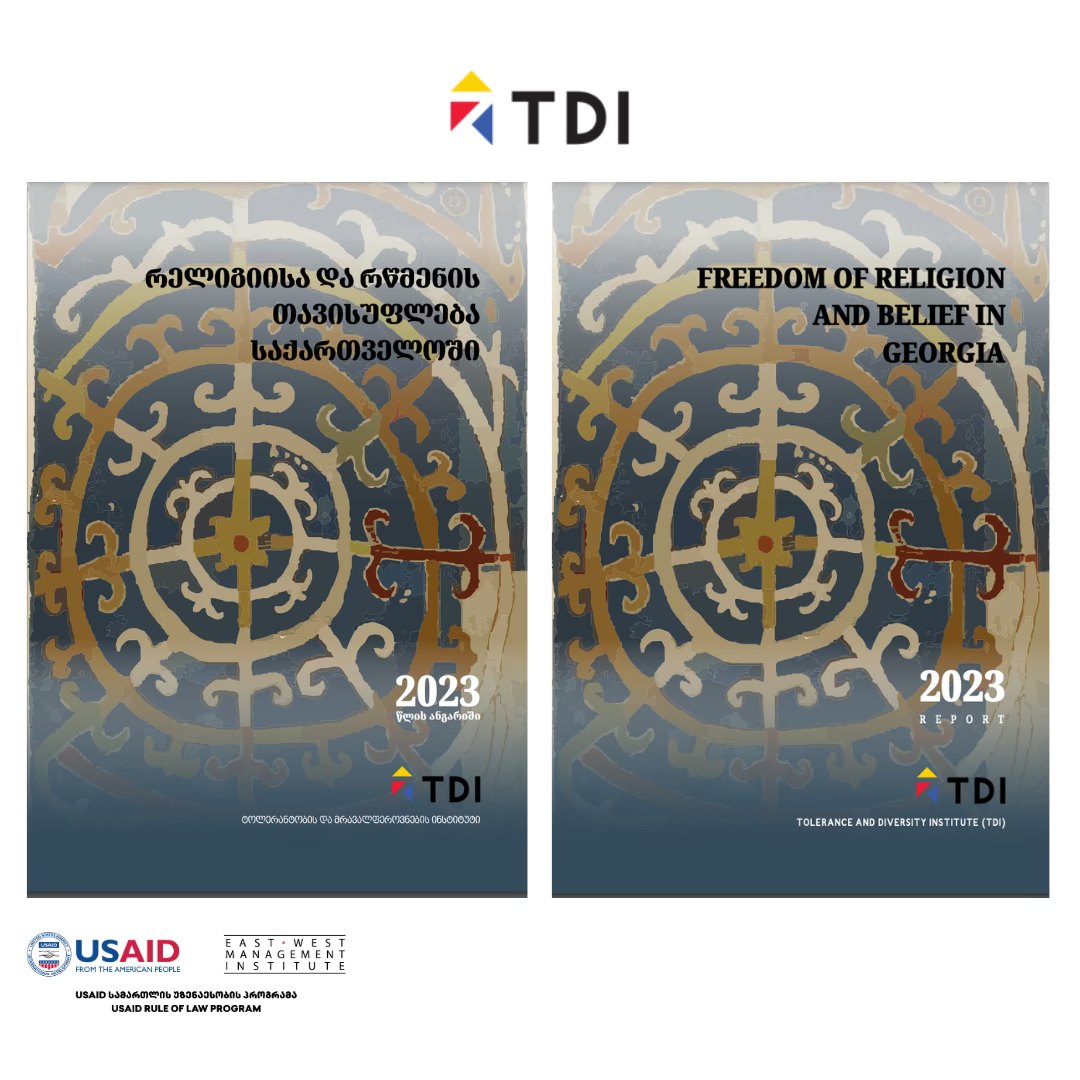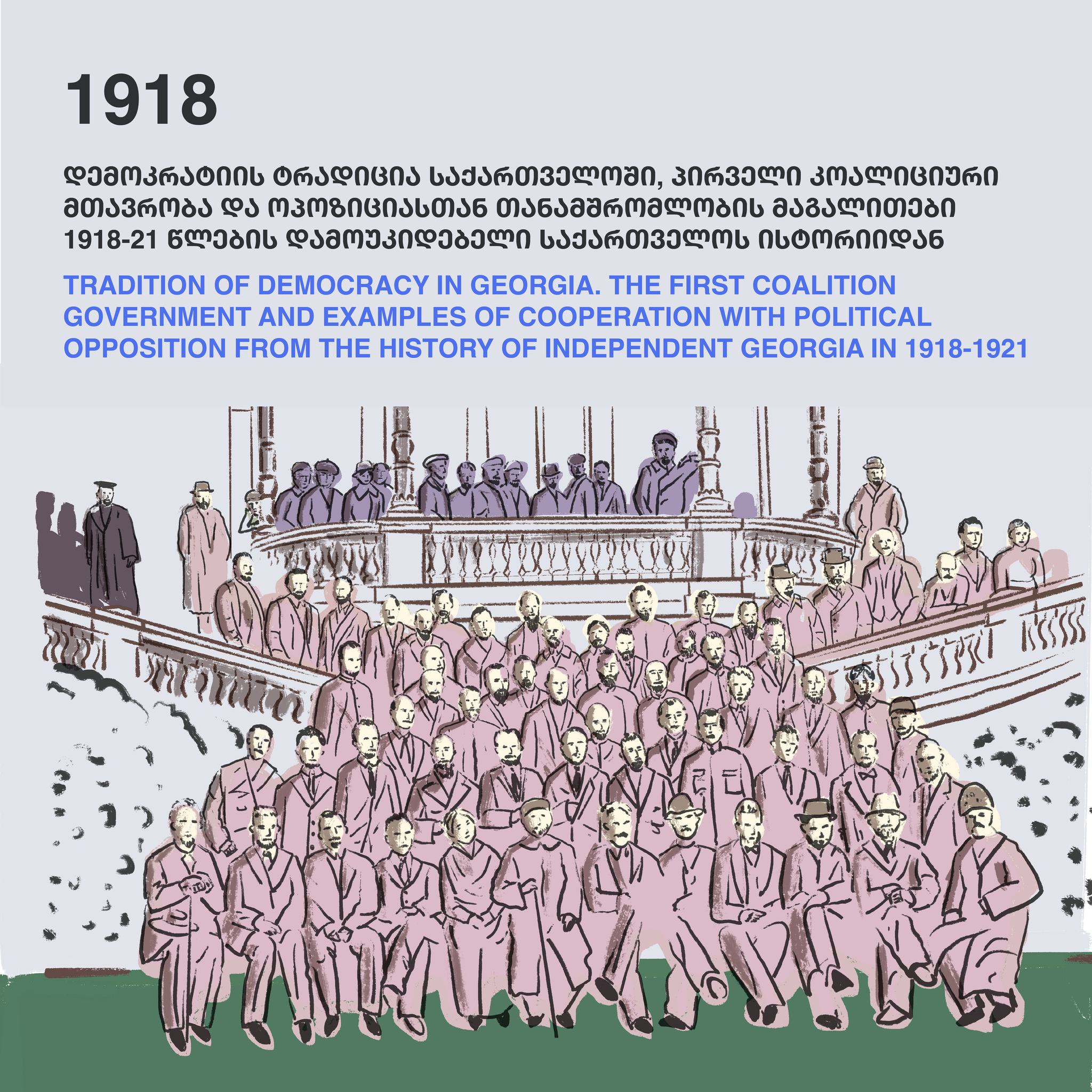News

30/11/2024
On November 28, 2024, Georgia's ruling party, Georgian Dream, announced the suspension of European Union accession negotiations until 2028, citing alleged "blackmail and manipulation" by EU officials. This decision has ignited widespread protests in Tbilisi and raised significant concerns regarding the state's commitment to upholding country’s constitutional aspirations to be part of EU country.
Irakli Kobakhidze claimed that the country would join the EU in 2030 “on its own terms, with dignity,” contradicting established EU accession procedures. The decision, which has drawn strong domestic and international backlash, represents a significant shift in Georgia’s constitutionally enshrined pro-European foreign policy.
Following the announcement, thousands of demonstrators convened in the capital to express dissent against the government's decision, which many perceive as a deviation from Georgia's pro-European trajectory. Similar protests erupted in other cities, including Zugdidi, Batumi and Kutaisi. Law enforcement's response involved deploying water cannons, tear gas, and pepper spray to disperse the crowds, resulting in numerous injuries and the detention, actions that have been widely criticized as excessive and disproportionate. The Ministry of Internal Affairs (MIA) reported the detention of 43 protesters and injuries to 32 police officers, with 13 requiring surgery. However, human rights organizations documented numerous instances of police brutality, including targeted assaults on peaceful protesters and elderly demonstrators. Media freedom also came under attack during the protests. Multiple journalists, including those from TV Pirveli, Formula TV and Publika, were assaulted while covering the demonstrations. One journalist suffered a broken nose, and others reported injuries from pepper spray and physical beatings.
The Media Ombudsman released a statement denouncing the targeted police violence against journalists during the overnight dispersal of the protest. The statement urged the Ministry of Internal Affairs and the Special Investigation Service to promptly initiate thorough investigations into the incidents.
Starting November 29, the Parliament building will operate under a heightened "red security level," restricting access to all individuals, including journalists, according to the Parliament's press office. Entry will be permitted only to those "authorized by the head of the Parliament office" based on an assessment of the necessity to mitigate potential risks.
The suspension of EU accession talks and the subsequent crackdown on protests have drawn condemnation from international actors. EU Ambassador to Georgia, Paweł Herczyński, described the decision as "heartbreaking" and emphasized that it contradicts the will of the Georgian populace, approximately 80% of whom support EU membership. He also condemned the police violence against protesters, highlighting the EU's commitment to democratic principles and human rights. European leaders, including German Bundestag's Foreign Affairs Committee Chair Michael Roth and Lithuanian President Gitanas Nausėda, have expressed solidarity with the Georgian people and criticized the government's actions.
Dozens of the Ministry of Foreign Affairs employees have issued a joint statement. They express their commitment to Georgia’s EU aspirations, stressing that the enlargement window that is now open may never be reopened, and if Georgia stops on this path, it risks facing isolation. Around fifty staff members of the Ministry of Defense also issued a joint statement asserting that Georgia's Euro-Atlantic integration path is "irreplaceable" and reaffirming their commitment to Article 78 of the Georgian Constitution, which codifies this direction. Employees of Ministry of Education also issued the statement of similar spirit.
The Public Defender calls on the Special Investigation Service/Prosecutor's Office to conduct an effective investigation within a tight timeframe and identify all responsible individuals whose actions, possible orders, or silent consent resulted in the gross violation of the rights of peaceful protesters and journalists. It is also crucial that the investigation is carried out under the correct legal qualification (using specific articles addressing improper treatment), accurately reflecting the assessment of actions that occurred during the night of 28 of October.
The recent developments in Georgia, marked by the suspension of EU accession talks and the heavy-handed crackdown on protests, signal a critical juncture for the country's democratic trajectory. The public backlash, ongoing demonstrations, and condemnation from civil society and international actors suggest that this issue will continue to dominate Georgia’s political landscape in the coming weeks.
Despite the challenges, the mobilization of students, journalists, and cultural figures highlights a resilient commitment to democratic values and European aspirations, offering hope for continued advocacy and reform.
In Georgia, 1 in 2 women aged 15-69 in Georgia has experienced at least one form of violence in her lifetime.
1 in 4 of ever-partnered women in Georgia has experienced violence from her intimate partner.
Follow the link for the National Survey on Violence against women in Georgia 2022: https://shorturl.at/JLMT
The National Survey on Violence against women in Georgia 2022 was conducted by the UN Women and the National Statistics Office of Georgia within the framework of the “Ending Violence against Women and Girls in Georgia” project funded by the European Union and UN Women’s regional flagship programme "Making Every Woman and Girl Count" in Europe and Central Asia. S
ource: UN Women
The web portal CsoGeorgia.org releases a weekly newsletter of grants competition, contests, vacancies, fellowships, and tenders for civil society organizations, and for any interested person.
Newsletter...
The web portal CsoGeorgia.org releases a weekly newsletter of grants competition, contests, vacancies, fellowships, and tenders for civil society organizations, and for any interested person.
Newsletter...
Georgian NGOs, are starting a new phase of the fight against “Russian law.”
The European Court of Human Rights has registered a lawsuit of 16 media organizations, 120 civil society organizations, and four natural persons.
More (geo)…
Source: GYLA
Georgian NGOs, are starting a new phase of the fight against “Russian law.” "On October 17, we will appeal “Russian law” and its dire consequences to the European Court of Human Rights on behalf of 16 media organizations, 120 civil society organizations, and four natural persons.
Russian law not only aims to restrict civil society and the media but also serves to divide all citizens from each other and suppress critical voices. The applicant organizations work on such public problems as environmental protection, assistance for persons with disabilities, protection against violence against women and children, judicial reform, the fight against corruption, investigative journalism, etc.
We, applicant organizations, will argue on violations protected by the European Convention on Human Rights – the right to freedom of assembly and association (Article 11), freedom of expression (Article 10), the right to respect for private and family life (Article 8 ), discrimination (Article 14), the right to an effective remedy (Article 13) and the scope of limitation on use of restrictions on rights (Article 18).
Fighting independent organizations with Russian methods not only violates fundamental human rights but also undermines the unwavering choice of the Georgian people regarding integration into the Euro-Atlantic structures. Unfortunately, the constitutional obligation, which obliges the state bodies to protect all these civilizational choices, is violated by the governmental bodies while the Constitutional Court refuses to fulfill its duty.
Despite the failure of the Constitutional Court to fulfill its obligations, our fight against Russian law continues, and it will inevitably end with the unconditional victory of the Georgian people.
No to the “Russian law”!
Yes - to the European Union!"
source: IDFI
The web portal CsoGeorgia.org releases a weekly newsletter of grants competition, contests, vacancies, fellowships, and tenders for civil society organizations, and for any interested person.
Newsletter...

03/10/2024
The web portal CsoGeorgia.org releases a weekly newsletter of grants competition, contests, vacancies, fellowships, and tenders for civil society organizations, and for any interested person.
Newsletter...
The observation mission “My Voice”, which unites 30 non-governmental organizations, is preparing for an unprecedented large-scale observation mission of the parliamentary elections, the purpose of which is to promote fair elections and protect the votes of Georgian voters. Our observers will monitor the elections both in Georgia and in precincts opened abroad.
They have published the activities of the observation mission so far.
More…
Source: csf.ge
The new season of "Mestumre" has officially kicked off! This year, we’ve gathered 127 incredible volunteers who are ready to brighten the lives of elderly people across Georgia.
For the next 6 months, these volunteers will be companions and conversation partners to residents in 8 elderly care homes across the country, helping to create connections and memories that matter. Each volunteer will undergo a full month of training with MAC Georgia’s psychologists and occupational therapists, ensuring every moment spent together is meaningful and fun!
Source: MAC Georgia

26/09/2024
The web portal CsoGeorgia.org releases a weekly newsletter of grants competition, contests, vacancies, fellowships, and tenders for civil society organizations, and for any interested person.
Newsletter...
The Information Integrity Coalition published a publication – „Four Laws in Four States, Four Ruling Parties and Identical Disinformation Narratives".
Kyrgyzstan, Republika Srpska in Bosnia and Herzegovina, Georgia, and Slovakia—almost simultaneously launched or continued efforts to adopt four similar pieces of legislation. „Identical and powerful disinformation narratives accompanied the entire process of enacting "foreign influence transparency" legislation in four different states“.
more ...
source: The Information Integrity Coalition
The web portal CsoGeorgia.org releases a weekly newsletter of grants competition, contests, vacancies, fellowships, and tenders for civil society organizations, and for any interested person.
Newsletter...
"Youth4 Community" is one of the projects funded by the USAID Civic Education Program. It aimed to popularize volunteer activities among young people living in 5 municipalities of the Imereti region and increase civic engagement at the local level through volunteer clubs. At the final meeting, the members of the volunteer club prepared a summary presentation about their activities - what they did within the project, what challenges they faced in the process and what experiences they gained.
It is important to note that they plan to continue the activities of the clubs even after the end of the project.
Source: USAID Civic Education Program
On September 11, in the allocated spaces in schools of Marneuli Municipality, where bilingual alternative kindergartens for national minorities will soon open, the process of equipping them with toys, books, and other developmental materials for children has begun.
The purchase of equipment for preschool education centers is carried out within the framework of the project "Child Development, Safety, and Well-being. Diversification and Improvement of Preschool Services in the Marneuli Region."
The project is implemented by the Polish organization EDUKATOR in partnership with the National Network for the Protection from Violence. Project co-financed within the framework of the Polish development cooperation of the Ministry of Foreign Affairs of the Republic of Poland.
Source: National Network for the Protection from Violence
A love of reading opens the door to adventures, learning new things and a whole host of key language skills such as speech development and vocabulary building. Spending time with books also creates special moments for you to bond with your child and enjoy each other’s company.
Just 10 to 15 minutes a day with a book is enough to spark your curious little one’s interest. Read on for our top tips on fostering a love of literature.
More…
Source: UNICEF
IDFI published new report - Oversight of Covert Surveillance: Law and Practice.
“State institutions involved in the oversight of covert surveillance frequently and grossly violate the constitutional right to public information”.
More
Source: IDFI

05/09/2024
The web portal CsoGeorgia.org releases a weekly newsletter of grants competition, contests, vacancies, fellowships, and tenders for civil society organizations, and for any interested person.
Newsletter...
The web portal CsoGeorgia.org releases a weekly newsletter of grants competition, contests, vacancies, fellowships, and tenders for civil society organizations, and for any interested person.
Newsletter...
Tbilisi. On July 30, SovLab held an event dedicated to the commemoration of the Day of Victims of Stalin's Terror. This year's event was dedicated to the anti-Soviet national uprising of 1924 and the memory of the victims of the Soviet totalitarian regime, the 100th anniversary of which Georgia marks this year.
During the event, members of Sovlab and representatives of the public read and honored the names of Georgian patriots killed during the suppression of the uprising and in its aftermath. Photographs of the victims, including 11 members of Georgia's first democratically elected parliament, who were shot in September 1924, were also displayed.
Stalin Terror Victims Day is observed on July 30 because on that day in 1937, the Soviet People's Commissariat for Internal Affairs, the infamous NKVD, issued Decree No. 004447, unleashing one of the bloodiest waves of Stalin's terror campaign here in Georgia and throughout the Soviet Union.
Source: SovLab
Tbilisi. Tolerance and Diversity Institute (TDI) published the report - FREEDOM OF RELIGION AND BELIEF IN GEORGIA, 2023.
The report addresses the following topics: „The state’s religious policy, existing discrimination in legislation, property rights of minority religious organizations, important court cases, the state funding of religious organizations, crimes committed on religious grounds, religion and education, and anti-Semitism“.
More…
Source: TDI
The Economic Policy Research Center (EPRC) presents series of outstanding stories that remind us about tradition of Georgia’s uninterrupted march towards Europe.
1918 – Tradition of Democracy in Georgia, the first coalition government and examples of cooperation with political opposition from the history of independent Georgia in 1918-1921.
Georgia declared its independence on May 26, 1918. The first government of the country was a coalition government consisting of Social-Democrats, Socialist-Federalists, Socialist-Revolutionaries, and National Democrats.
More…
Source: eprc



